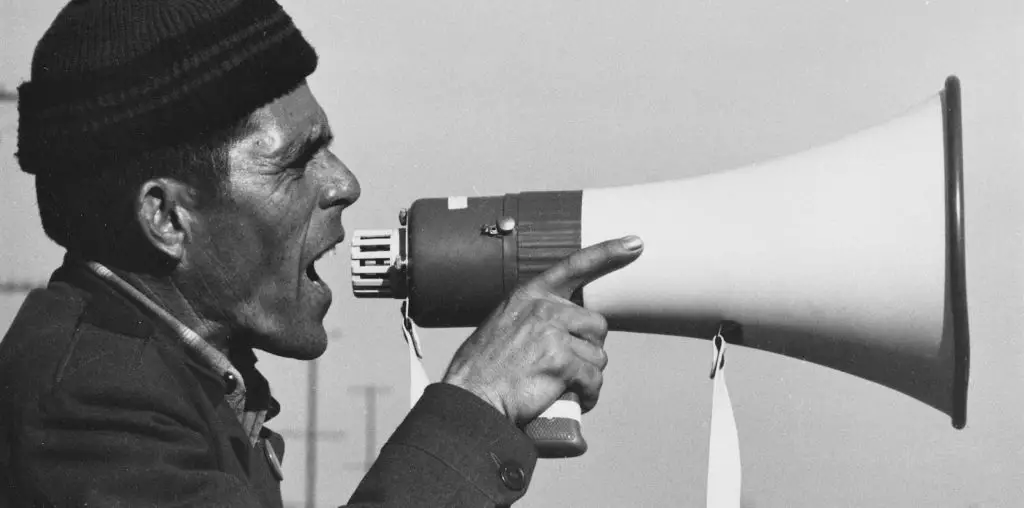
Movies centered on middle-aged characters present a real challenge to Hollywood given the obsession that town has with youth. Factor in that the focus of this particular movie is in the failings of the many older characters and you could have had studio suits avoiding this film like a “60 Minutes” film crew outside their office. Some potential audience members could also be tempted to dismiss this movie for similar reasons, but that might be a mistake. I too had reservations, like most people who still have the putrefying taste of baby-boomer centerpieces like “The Big Chill” or “Thirtysomething” lingering in our metaphorical mouths.
It is to our relief that the angst in “Second Best” is not the variety that those self-centered productions have become ridiculed for peddling to the masses. I am grateful that for once I do not have to sit listening to well-off yuppies pissed-off about their pedestrian problems or carping about quotidian concerns. And while we’re at it, I do not want to hear anymore upper-tax bracket lemmings bemoaning the fact that they had abandoned the ideals of the ‘60s to live a comfortable life in the suburbs. Tell you what, Sunflower, why not toss me the keys to the Saab and I’ll squat in your brownstone as you go knit hemp ponchos at some commune in upper Vermont while you listen to Peter, Paul and Mary—and not on CD, but playing a cappella from the porch next door. (Sorry, I just had to purge that from my system.)
In “Second Best” we do have older sorts who lament their status in life, but this is not self-absorbed navel gazing, rather it is a look over the shoulder and a subsequent shaking of the head at what could have been. There is a cynical vein throughout the dialogue, but this comes from a hard-learned, life-long lesson, and the refreshing thing here is the announcement that the main character is a screw-up. It is refreshing because it is the character himself who admits to this.
The focus of this mid-life introspection is Elliot, portrayed nicely by Joe Pantoliano, who also is a producer. What makes Elliot’s fatalism bearable is the way Pantoliano plays him; accepting of the fact that he is a perpetual also-ran, and the contrast to the usual “Joey Pants” attitude we all are used to seeing makes Elliot palpable. Elliot may know he is fated to parts other than the front of the line but he still has spirit enough to endure. Elliot had once been a book editor for a major publisher but since he lost his job years ago he has yet to find work in the field. He has also logged a divorce from a wife who is aging well, has an adult son who is gay, and has to borrow money from both of them, as well as his nursing home resident mother.
Elliot occupies himself, and gets out some of his venom, by publishing a one-page diatribe concerning the life of “The Loser”, which he distributes around town. Behind the anonymity he addresses head-on many of the anxieties of his generation, most of them from an autobiographical standpoint, and he has a web site where other “losers” congregate to share their tales of woe. Elliot also reads his pamphlet to his buddies, a collection of high school friends who all had promising futures but now languish just like him. The caustic comments often hit too close to home for the crowd, and the balance of their time together involves ruminations on their plight as they golf on a ramshackle municipal course.
Elliot’s nemesis is also his best friend, Richard, a Hollywood executive who has risen above the morass of his friends and is credited for green-lighting a popular Oscar winning picture. Richard has come back to town to work on a new project and Elliot insists that his vastly successful friend stay with him. This is a ruse to get Richard to peek at a script Elliot has written, but it allows the two to spend ample time together. While there is plenty of dialogues about their respective lives that involves arguments and dredging up of old wounds, there is also a genuine affection between the two friends. Even when it seems Elliot is attempting to deride their friendship the two men always come back to the center.
While there is plenty to admire in “Second Best” there are also things that detract from it. Many of the lengthy conversations are tedious (the film feels too long even as it ends under 90 minutes), and too often you see Elliot behaving in a fashion that will only sink him deeper into his self-created abyss. But two things make this worthwhile: The realistic relationship between Elliot and Richard, and Pantoliano playing against type and actually humanizing a possibly loathsome character. He brings out a side of a caustic loser that makes you at least willing to listen. So maybe you wouldn’t ask him to sit at your table, but if he extended the offer you’d be willing to give him your ear for five minutes.
